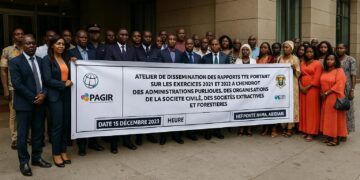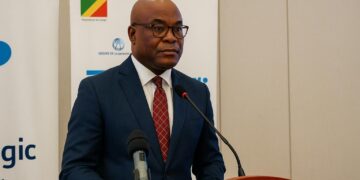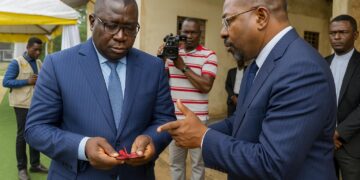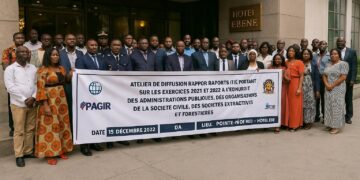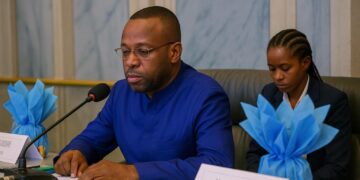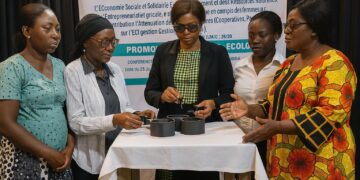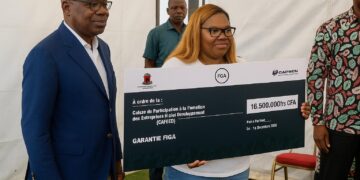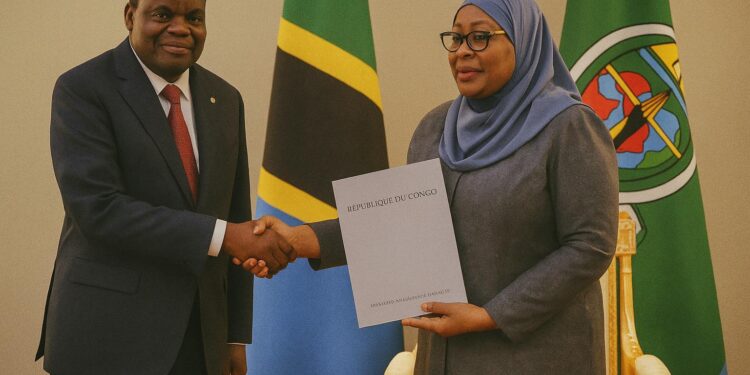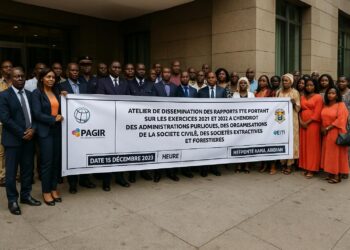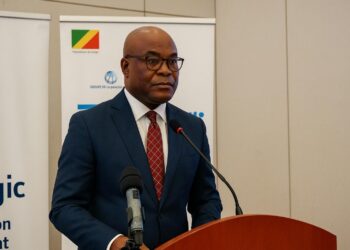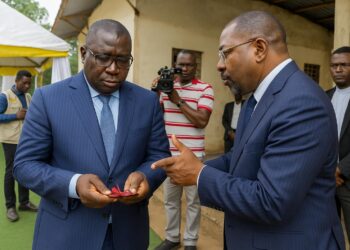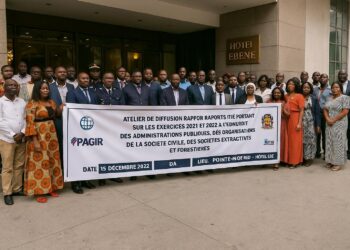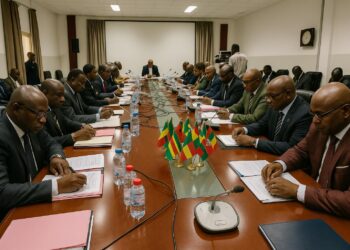A calculated overture in Dar es Salaam
The discreet elegance of diplomatic choreography was on full display in Dar es Salaam when Congo’s Minister of Foreign Affairs, Jean-Claude Gakosso, delivered a sealed message from President Denis Sassou Nguesso to Tanzanian Head of State Samia Suluhu Hassan. Official communiqués emphasise cordiality and shared aspirations, yet seasoned observers discern the clear objective: securing Tanzanian endorsement for Firmin Edouard Matoko’s candidacy to succeed Audrey Azoulay as Director-General of UNESCO at the organisation’s 43rd General Conference in Samarkand in November 2025 (UNESCO, April 2024).
By targeting Tanzania—an East-African anchor with growing continental influence—Brazzaville signals that its campaign machinery is advancing beyond traditional Central-African allies. The choice of timing, shortly after Tanzania confirmed record GDP growth figures and an expanding diplomatic footprint within the African Union, magnifies the symbolism of a partnership premised on mutual ascent rather than nostalgic solidarity.
The Matoko dossier and the geopolitics of UNESCO
Firmin Edouard Matoko is no newcomer to UNESCO politics. As Assistant Director-General overseeing Priority Africa and External Relations since 2018, the Congolese technocrat has cultivated a reputation for consensus-building and programmatic rigor. His authorship of the organisation’s operational strategy for Africa—adopted in 2022 and praised for aligning education, heritage preservation and digital literacy initiatives—offers Brazzaville a persuasive narrative of continuity and expertise (UNESCO Programme Reports, 2023).
Yet leadership contests at UNESCO rarely hinge solely on résumés. Electoral arithmetic within the Executive Board demands a delicate courtship of regional blocs, particularly the Africa Group that routinely negotiates collective positions. Tanzania’s voice, while singular, influences a cluster of Swahili-speaking nations whose votes could prove decisive in early balloting rounds. By personally soliciting President Hassan’s support, Congo seeks to pre-empt possible fragmentation and, in doing so, presents the Matoko bid as an authentically pan-African project rather than a purely national endeavour.
Health diplomacy as a trust multiplier
Brazzaville’s overt approval of Tanzanian cardiologist Professor Mohamed Yakub Janabi—recently appointed Regional Director of the World Health Organization’s African Office headquartered in the Congolese capital—served as more than polite protocol. It demonstrated reciprocity at a moment when health governance wields outsized political capital following the COVID-19 pandemic (WHO Africa, May 2024).
Minister Gakosso’s commitment to facilitate Professor Janabi’s installation resonates with Tanzania’s domestic agenda of projecting medical expertise beyond its borders. For Congo, aligning itself with a respected public-health professional bolsters its own image as a regional hub for multilateral institutions. The articulation of mutual support thus operates as a trust multiplier, deepening bilateral confidence that can later translate into coordinated positions within UNESCO and other forums.
Expanding commercial horizons along the Indian Ocean–Congo Corridor
Underneath the diplomatic prose, the Dar es Salaam talks carried an unmistakable economic subtext. Tanzania’s tourism-driven economy, buoyed by Indian Ocean shipping lanes, offers Congo a complementary outlet for its diversification strategy away from hydrocarbons. President Hassan’s suggestion that Air Tanzania extend its Kinshasa route to Brazzaville illustrates how aviation connectivity underpins a wider agenda of trade facilitation and cultural exchange.
While bilateral trade presently lingers below 100 million USD, Congolese officials quietly reference feasibility studies on timber, agribusiness and fertiliser supply chains linking the port of Dar es Salaam to the Congo River basin. Such corridors would leverage Tanzania’s logistics infrastructure and Congo’s resource endowments, reinforcing the broader architecture of South-South cooperation championed by both governments.
Regional calculus ahead of Samarkand 2025
As the electoral cycle accelerates, Brazzaville is expected to replicate the Tanzanian overture across the continent, weaving a tapestry of bilateral assurances into a collective African mandate. Diplomatic sources in Addis Ababa indicate that preliminary consultations within the Africa Union’s Permanent Representatives’ Committee will intensify after the July 2024 summit, where Matoko’s programme for cultural diplomacy and digital education is slated for informal presentation.
Whether Congo succeeds will depend on sustaining the momentum witnessed in Dar es Salaam: blending principled advocacy for multilateralism with tangible dividends for partners. The early signals—an embrace of health diplomacy, pragmatic commercial proposals and respect for Tanzania’s rising stature—suggest Brazzaville has internalised the nuanced arithmetic of UNESCO politics. In the measured words of Minister Gakosso, “our endeavour is to advance Africa’s collective voice through a candidate whose career has been devoted to that very purpose.” Judging by the cordial smiles on the Tanzanian waterfront, the message has found a receptive audience.





